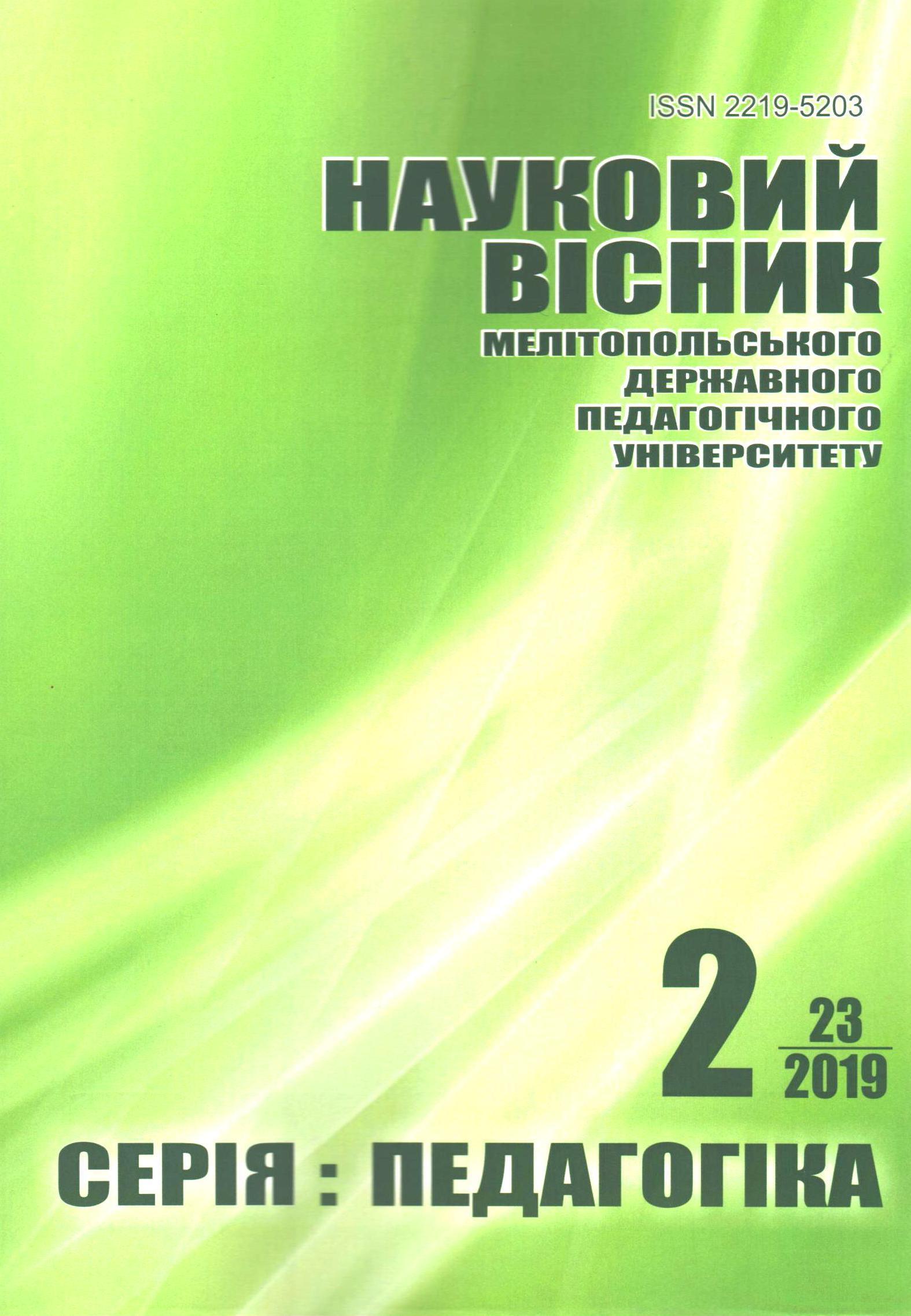Authentic Mathematical Tasks in Differentiated Teaching in the Inclusive Class
Abstract
The purpose of the work is to introduce differentiated teaching in inclusive classes and to use authentic tasks in the educational process. The methodological basis of inclusion is the synthesis of a new theory, which includes knowledge of philosophy, general pedagogy, special pedagogy and psychology, general psychology, age and pedagogical psychology, medicine, etc. An important step in reforming education in this area is the philosophy of inclusive education, which is based on the conviction of the need to change the educational paradigm - the integration of two traditional systems into a single system of education. Scientific novelty. Submitted authentic maths for students are practical and interesting to solve. These tasks should be used in maths lessons in regular and inclusive classes. Differentiated teaching implies from the outset that all students are different, and so the teacher's task is to identify differences and adapt the learning process accordingly; all this must be done creatively and with the desire to provide a useful learning experience for all. The typical tasks that teachers use in mathematics lessons often have nothing to do with problematic activity, that is, they are not what people face in real situations. They are clearly defined, information-complete and characterized by the presence of one correct answer, lack of intrinsic motivation for their implementation, i.e. they are of no interest to the students. Unlike the academic approach, authentic tasks are typically characterized by the key role of problem recognition and identification, uncertain nature of the problem, significant information seeking, several correct solutions, appropriate prior experience, and motivation and emotional nature of performance, taking into account unforeseen circumstances.




